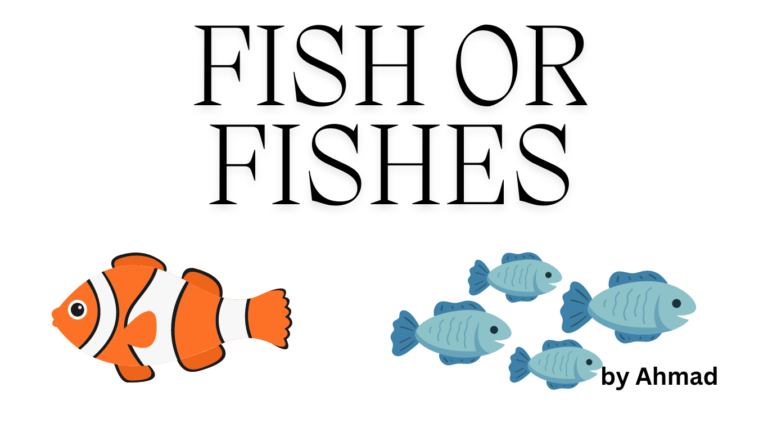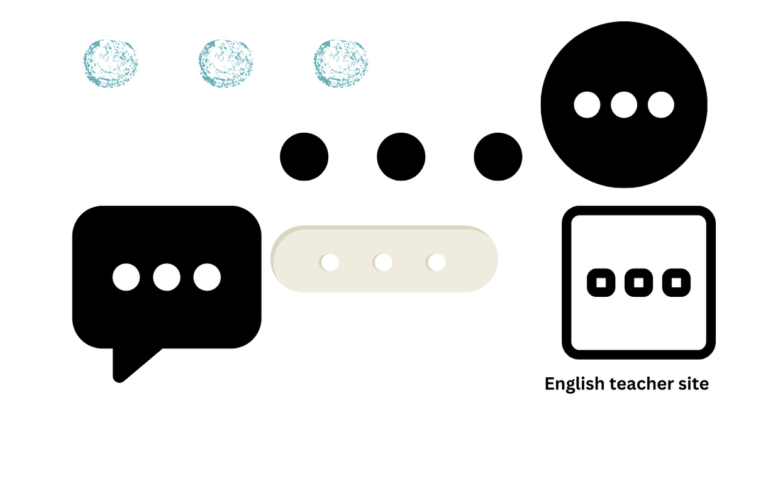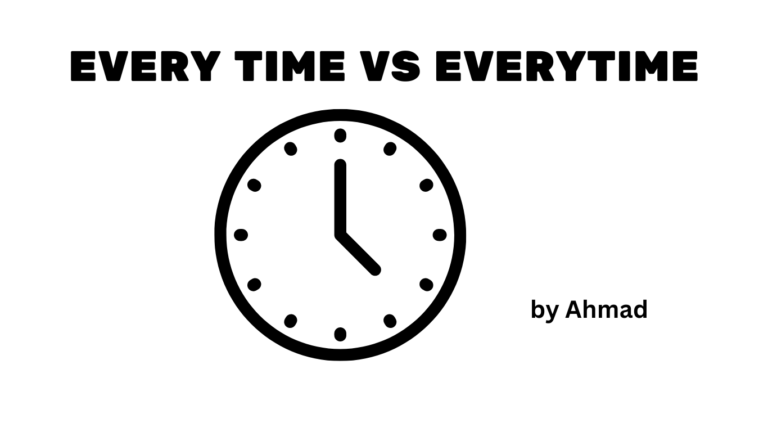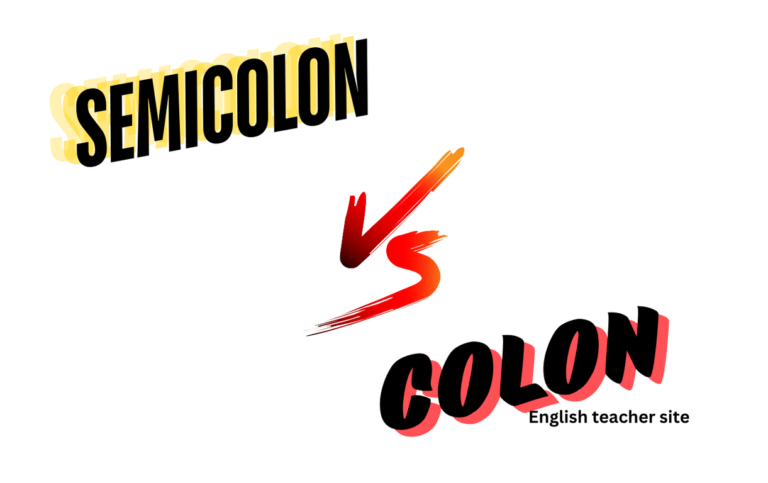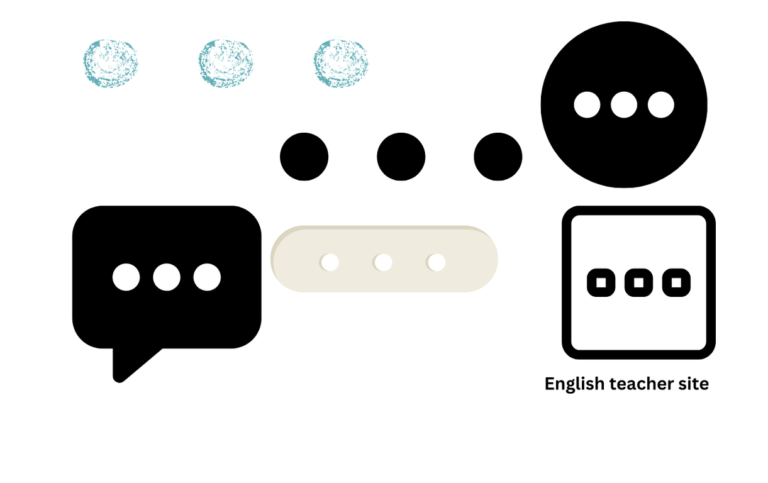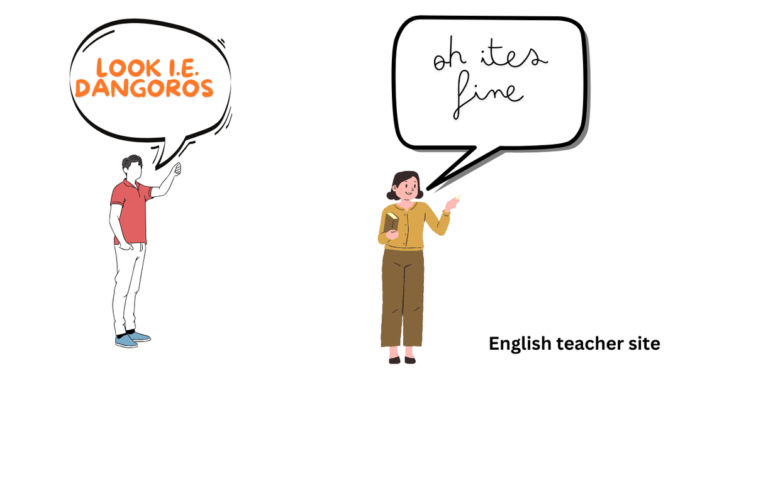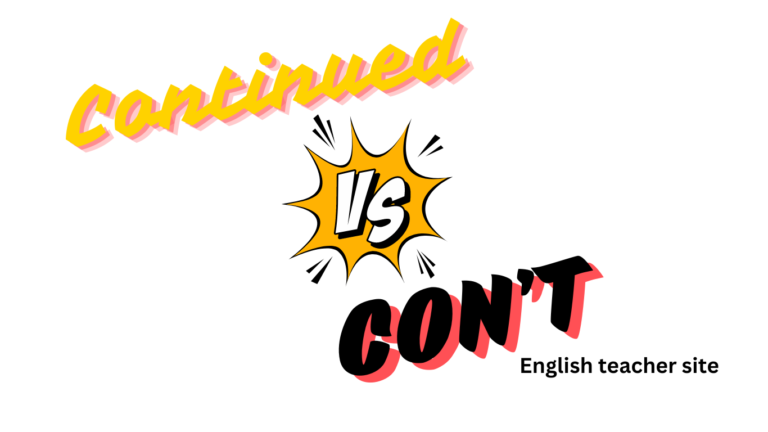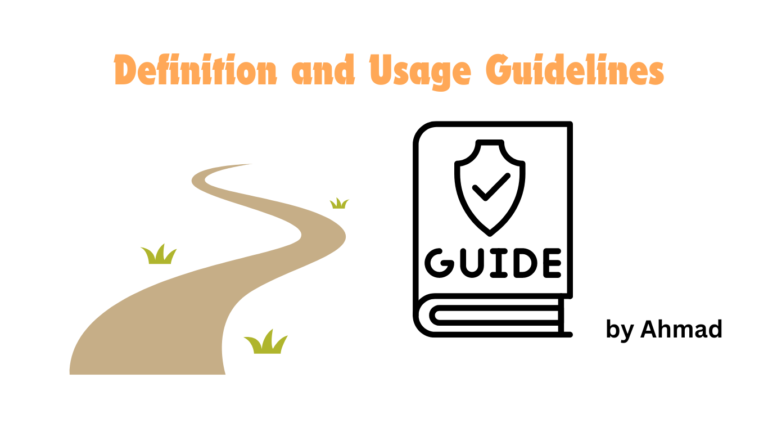Fish or Fishes: What is the Correct Usage in English Language
What Is the Plural of “Fish”? Both “fish” and “fishes” carry their own connotations and are used differently across various disciplines. In scientific contexts, specificity is key, and “fishes” becomes the term of choice when denoting biodiversity. In everyday language, “fish” is predominantly used, preserving simplicity and avoiding unnecessary complexity in communication. When to use…

